Hearing Loss in Teens: Warning Signs To Watch For

Approximately 5.2 million children and teens between the ages of six and 19 have noise-related hearing loss. As your child enters their teen years, the constant presence of headphones, noisy stereos, concerts at the Santa Barbara Bowl and booming action movies could put them at risk of noise-induced hearing loss. In addition to noise-related causes,…
Sending My Child to School With Hearing Aids: What To Expect

As the back-to-school season approaches, parents are busy shopping for supplies, choosing the perfect first-day outfit and attending parent-teacher meetings. For parents of children with hearing loss, there are additional steps to ensure a smooth transition into the school year. Let’s explore some essential tips to help your child head back to school confidently, equipped…
The Importance of Early Hearing Loss Detection
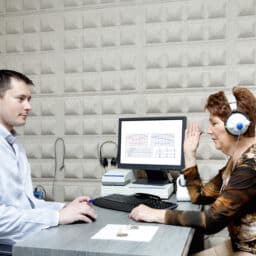
Hearing allows you to connect with your loved ones, get involved at work and enjoy a better quality of life. With all the joy hearing can bring, it may surprise you to learn that only about one in five people with sensorineural (inner ear) hearing loss seek help. Many people avoid seeking treatment because they…
How to Prepare for Hospital Stays with Hearing Loss

A hospital stay can be an uncertain experience for anyone, but for individuals with hearing loss, it can present additional challenges. Effective communication is important during hospital stays and in a healthcare setting. By preparing adequately, you can help ensure you receive the best care possible. Here’s a comprehensive guide on how to prepare for…
All About Babies and Hearing Aids
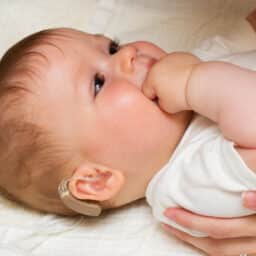
When parents learn that their baby may need hearing aids, they may not know how to approach moving forward. However, understanding how these devices support a child’s development and learning some tips for optimal use can provide much-needed reassurance. Read on to understand how little ones can get the most out of their hearing aids….
Signs of Hearing Loss in Toddlers and Young Children
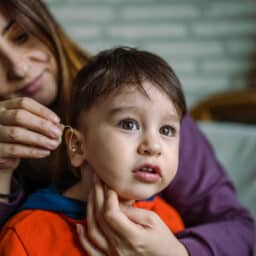
Hearing loss can significantly impact a child’s ability to develop speech, language and social skills. The earlier hearing loss is detected and treated, the more effective it will be in aiding a child’s language development. Recognizing the signs early in your child’s life can be crucial to effectively managing and treating their condition. Types of…
What To Know About Selective Attention Hearing

You may have heard the phrase “selective hearing” used negatively to describe a person only hearing what they want to hear. While similar in title and often used interchangeably, selective attention hearing means something a little different. Selective attention hearing, also called the “cocktail party effect,” refers to a person’s ability to isolate and focus…
World Hearing Day: How Can You Advocate and Engage?
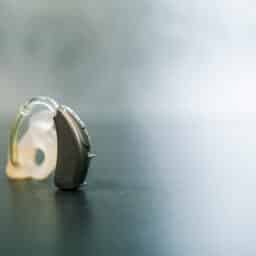
World Hearing Day, celebrated March 3rd, is the World Health Organization’s global event aimed at raising awareness about preventing deafness and hearing loss and promoting hearing healthcare across the world. WHO has set three main objectives for World Hearing Day 2024: Whether you have hearing loss yourself, know someone who does or are simply interested…
What To Know About Fluctuating Hearing Loss
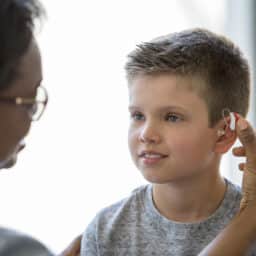
Fluctuating hearing loss is a form of hearing loss that fluctuates over time. Understanding the nature, causes and implications of this type of hearing loss, whether conductive or sensorineural, is crucial to ensure proper support and treatment are provided. Understanding Fluctuating Hearing Loss Fluctuating hearing loss is a condition that can greatly influence a child’s…
Can Notch Therapy Help Manage Tinnitus?
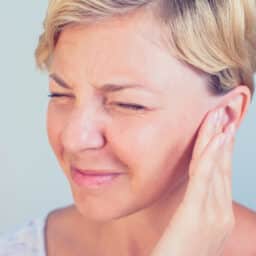
Tinnitus is a ringing, buzzing, clicking or roaring sound that cannot be heard from the outside. Affecting between 15% to 20% of people, tinnitus can cause stress, anxiety, irritability and sleeplessness. While tinnitus has no known cure, you can manage its symptoms for better quality of life. One potential option for symptom management is notch…